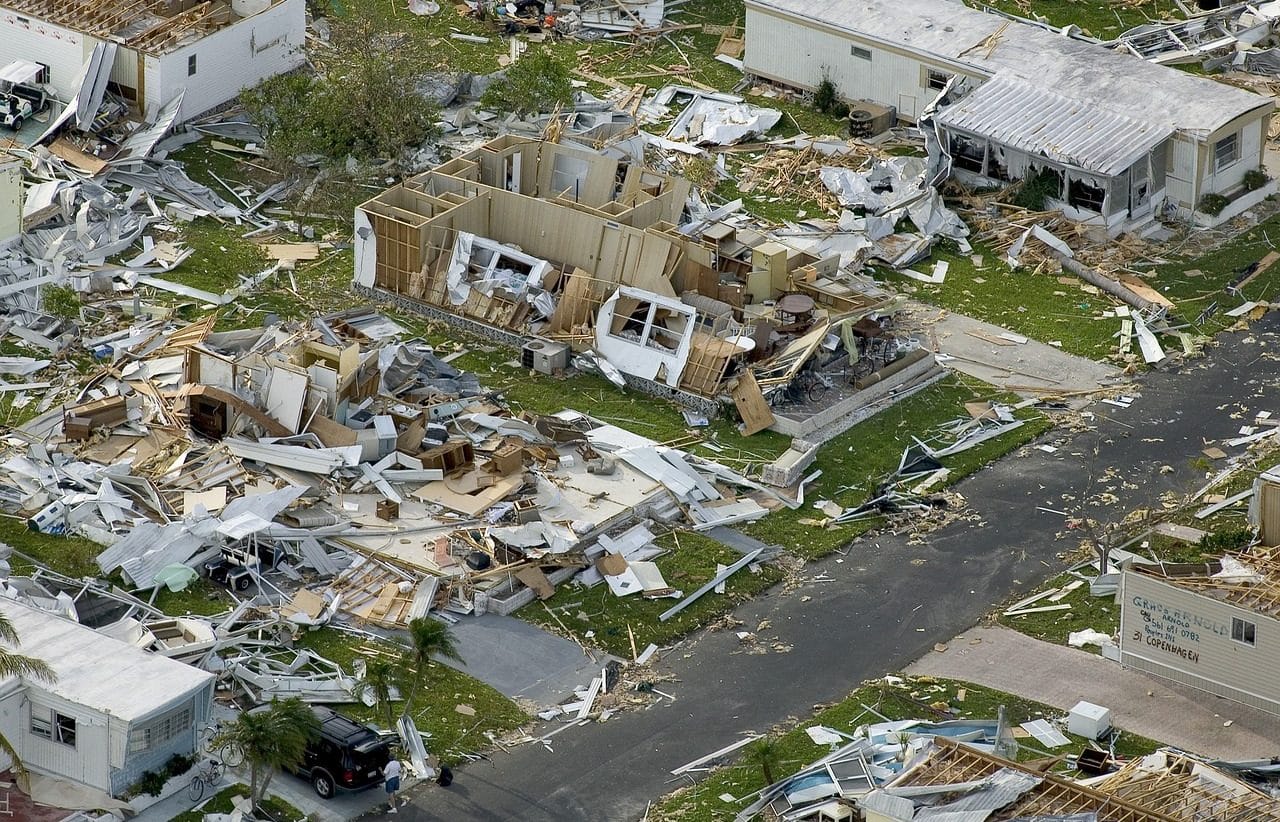
Misfortune is adversity, which negatively affects us in various ways.
The term misfortune refers to unfortunate situations or adversities that negatively affect a person's life. It can manifest itself in the form of misfortunes, calamities, losses or harmful events that cause suffering, anguish or difficulties. Misfortune can encompass a wide range of experiences, from personal problems to unforeseen external events.
Misfortune is an intrinsic reality to the human condition and is an inevitable part of existence . Throughout life, people may face unexpected challenges, such as illness, emotional loss , career failures, or catastrophic events. The relevance of misfortune lies in its ability to test the resilience , emotional strength and adaptation of individuals.
While misfortune can cause pain and suffering, it can also be an opportunity for personal growth . Adverse experiences can teach valuable lessons, foster empathy toward others, and strengthen the ability to face future challenges. Overcoming misfortune often contributes to the development of character and the building of a greater understanding of life.
Ultimately, the relevance of misfortune in human life is that it shapes individual and collective experience, influencing the way people cope with and learn from difficulties. How you deal with misfortune can determine emotional resilience and the ability to find meaning and purpose even in the most difficult circumstances.
Types of misfortunes
Natural misfortunes include catastrophic events such as earthquakes, hurricanes, floods and epidemics. These phenomena, often beyond human control, can have devastating consequences, affecting entire communities and leaving people in emergency situations. Diseases, both endemic and pandemic, also fall into this category, as they can have a significant impact on the health and stability of populations.
Personal misfortunes are directly linked to individual experiences and can arise from accidents, personal illnesses or wrong decisions. Accidents can cause sudden physical injury , while wrong decisions can have long-term repercussions on a person's life. These tragedies highlight the vulnerability inherent in the human condition and the importance of thinking carefully before acting.
Social misfortunes encompass systemic injustices, unemployment and structural inequalities. In this framework, injustice can manifest itself through discrimination, lack of access to opportunities and violations of fundamental rights. All these inconveniences affect people's quality of life and generate tensions in society.
Emotional misfortunes relate to personal traumas and losses that impact an individual's mental and emotional health. Ailments such as violent events, serious accidents, or abuse can leave lasting emotional scars. On the other hand, the death of a loved one or the breakup of significant relationships also fall into this category, deeply affecting emotional well-being and leaving the person who suffers them in ruins, lost in bitterness and despair.
Each type of misfortune presents unique challenges and requires specific approaches to mitigation and recovery. Understanding these misfortunes allows communities and individuals to prepare, adapt and ultimately overcome adversities that may arise in different aspects of life.

Natural disasters are one of the many types of misfortunes that can hit us unexpectedly.
Psychology and misfortune
The psychology behind misfortune addresses the complexity of the emotions and mental processes associated with adverse experiences. From a personal setback to a large-scale catastrophe, the psychological impact can vary. When faced with misfortune, the individual often experiences a grieving process , which may include denial, anger, bargaining, depression, and acceptance.
This theory, proposed by Elisabeth Kübler-Ross , suggests that people go through emotional stages to adapt to loss or misfortune. Adaptation, on the other hand, involves adjusting to new circumstances and finding emotional balance. Resilience is the ability to recover from adversity positively, to face it with emotional strength, seeking social support, using strategies and finding meaning in it. This does not mean avoiding suffering, but learning to manage it in a healthy way .
Various theories address suffering and pain from psychological and philosophical perspectives. From the theory of mind-body dualism to more contemporary approaches such as the cognitive processing of suffering theory , these views seek to understand how the mind interprets and responds to physical and emotional pain.
Response and strategies
In the face of misfortune, coping strategies play an essential role in overcoming obstacles. Facing bad luck, harm or setback involves taking proactive measures and using different resources.
Grief and heartbreak, which are often combined with doom or misfortune, can be addressed through techniques such as meditation, thus breaking the cycle of emotional torment. In situations of disappointment and regret, it is essential to seek social and community support . Community can offer comfort and understanding, thus counteracting feelings of discouragement and despondency .
Professional support, such as cognitive behavioral therapy , can help address anxiety and stress, providing tools for effective grief management. Acceptance and commitment to the therapeutic process can be especially beneficial for those facing a bad decision or an unexpected crisis.
To overcome illnesses we usually resort to medical interventions . Treatments, along with a pharmacological approach if necessary, are essential steps to counteract the physical and emotional damage. Ultimately, the response to misfortune is multifaceted and forms a comprehensive approach to overcoming any type of setback and building resilience in the face of adversity.

After the sinking of the Titanic, safety protocols and rescue teams improved.
Historical cases
The Black Death pandemic was one of the deadliest catastrophes in history, devastating Europe and killing millions of people.
- Consequences : the European population decreased significantly, generating socioeconomic and cultural changes. There was a labor shortage, which led to improvements in working conditions and a transformation in the social structure.
- Lessons learned : This misfortune highlighted human vulnerability to disease, driving advances in medicine and hygiene. Furthermore, it served as a catalyst for social and economic transformations that altered European history.
The sinking of the Titanic , considered one of the greatest maritime disasters in history, occurred after colliding with an iceberg on its maiden voyage.
- Consequences : The loss of human life and the emotional impact were immense. This event led to changes in maritime safety regulations and rescue protocols.
- Lessons learned : The Titanic tragedy highlighted the need for stricter safety protocols, improved rescue equipment, and greater awareness of human vulnerability to nature.
The Great Depression was a global economic crisis that affected millions of people, with high levels of unemployment and poverty.
- Consequences : The socioeconomic consequences were profound, generating inequalities and political challenges. The crisis led to the implementation of economic and social policies to prevent future recessions.
- Lessons learned : The Great Depression led to a review of economic policies and the strengthening of financial institutions to avoid similar crises in the future.
The attacks on the Twin Towers on September 11, 2001 in New York were a terrorist act that changed the course of modern history.
- Consequences : There was a massive loss of life and a transformation in international politics, with a renewed focus on security and the fight against terrorism.
- Lessons learned : This misfortune highlighted the importance of international cooperation in preventing terrorism and led to significant changes in aviation security and the way global threats are addressed.
These historical instances of misfortune underscore humanity's ability to learn and adapt in the face of significant challenges. Through tragedy, changes have been implemented that have helped forge a path to a safer and more resilient future.
